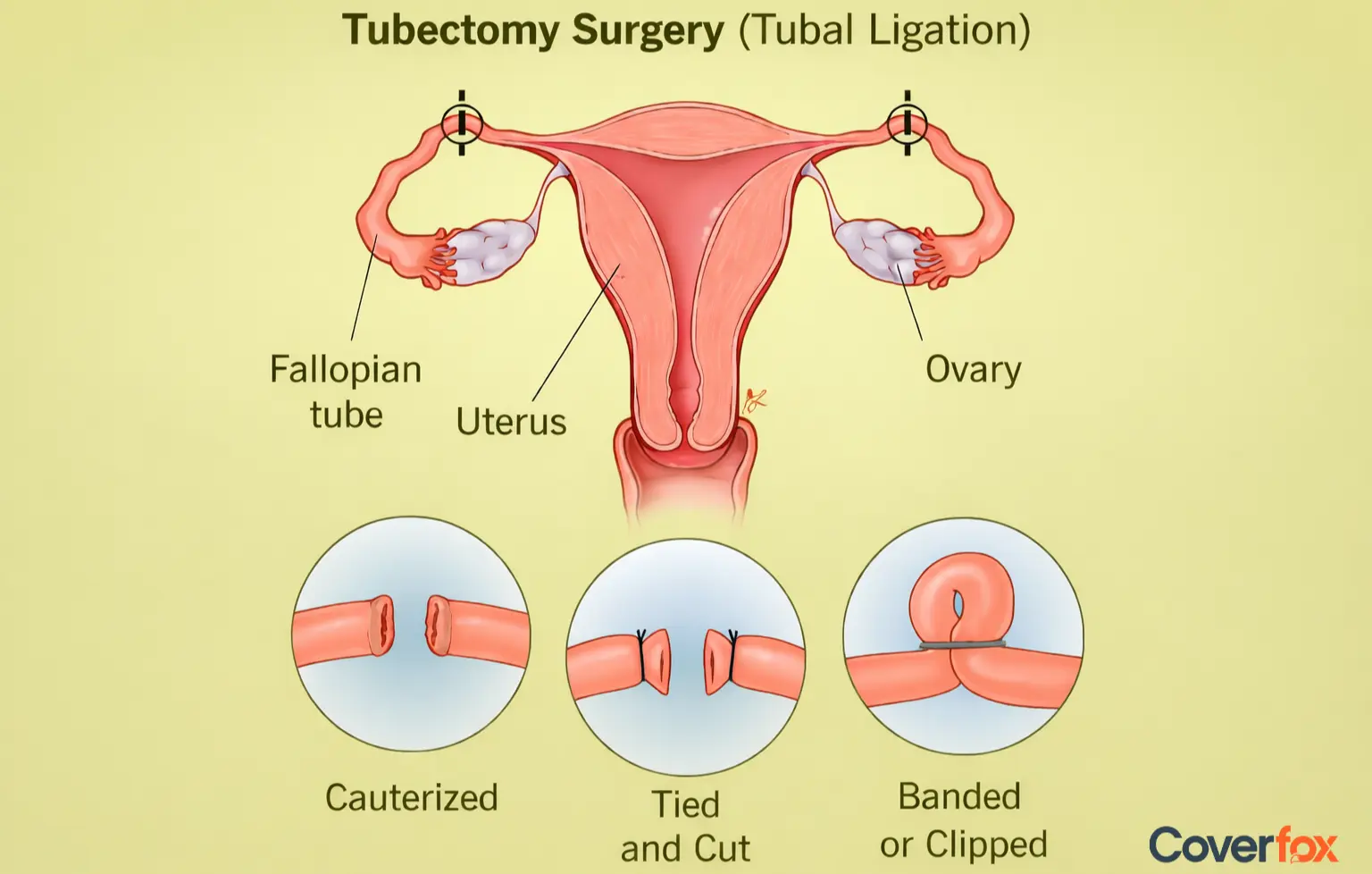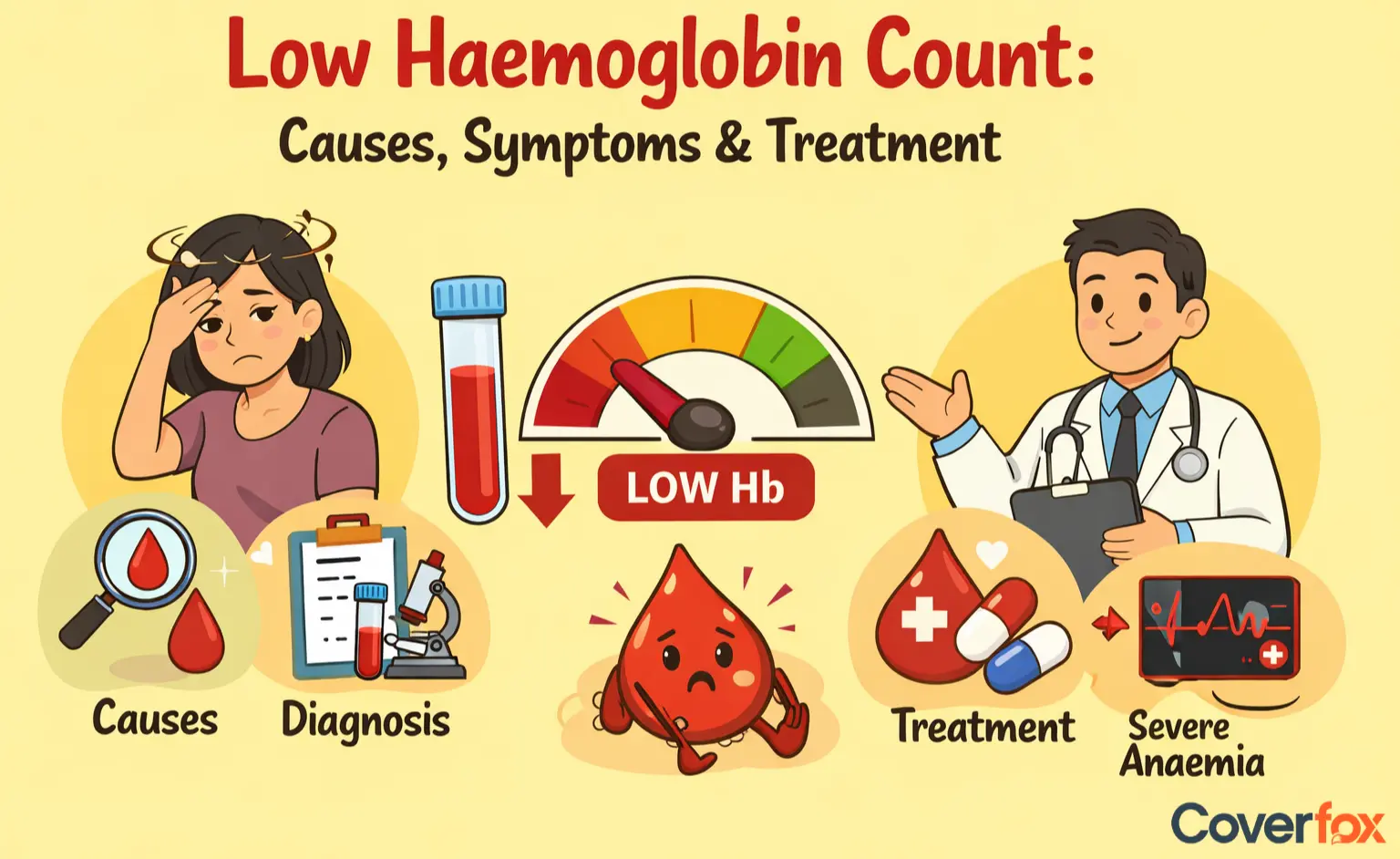Do you have a corporate health insurance policy offered by your employer? It not only protects your family, including your parents, and you from unexpected medical emergencies, but also becomes eligible for tax benefits. The question here is – is it enough?
Has your organization got you covered with a corporate health insurance or mediclaim plan? If yes, that’s a great start. However, going forward, the policy coverage being offered might not be sufficient. What if you can avail an even better medical coverage, and higher tax deductions and exemptions on your corporate health insurance policy? Yes, it is possible. Read on to know how.
Let’s take an example. Mr. Shah is eligible for Rs.3 lakhs sum insured against his corporate health insurance. In the age of increasingly exorbitant hospital and medical care expenses, he may end up spending far more than Rs.3 lakh when the need arises.
Now, imagine a situation when Mr. Shah files for a cashless claim settlement before being hospitalized for a medical surgery that is covered by his corporate policy. The expenditures for surgery, hospitalization, pre and post hospitalization and other medical expenses are estimated to be higher than the Rs. 3 lakhs sum insured that he is eligible for.
In a situation where the medical expenses are soaring beyond the pre-decided sum assured, what would Mr. Shah do to arrange for the finances? Dip into his personal savings, or borrow from friends and family, or take a loan maybe. Now, wouldn’t a Top Up and a Super Top Up have been an effective solution to supplement his existing medical sum insured? Sure, it would!
Wondering what Top Up and Super Top Up policies are? Such policies enable insurance policyholders like Mr. Shah to be eligible for a higher sum insured, over and above the basic plan. Had Mr. Shah opted for these plans, he would have been able to avail the sum insured against the Super Top Up plan to meet the soaring medical expenses for which his basic plan is not sufficient. What’s more, he would also have had the security of an additional sum insured that he could fall back on, if need be. If that is not enough, there are several other benefits of Super Top Up plans that Top Up plans do not have.
Here comes the cherry on the cake! Premium payments on Top Up and Super Top Up plans also attract tax deductions under Section 80D of the Income Tax Act, 1961.
Let’s take a closer look at the difference between Top Up and Super Top Up plans.

Features and Benefits of a Top Up Plan
Does opting for a higher cover through top-up automatically mean that you have to pay a higher premium amount? No, in contrast, Top Up plans are not only offered at comparatively lower rates, they are also considered to be less risky. This is because Top Ups are accompanied by a high deductible.
They can be bought by an individual as a separate plan, without the purchase of a basic policy.
They are available both as an individual policy and a family floater.
They can be bought from any insurance company and not mandatorily from the company that the basic plan or corporate health insurance plan belongs to.
Features and Benefits of a Super Top Up Plan
A Super Top Up plan proves to be an effective solution when a single claim does not exceed the agreed deductible limit applicable on the top-up plan, but more than one claim might cross the threshold. For instance, if Mr. Shah had taken a Top Up plan with a deductible limit of Rs. 3 lakh and submits two claims, say Rs. 2 lakh and Rs. 2.5 lakh, he wouldn’t be able to fall back on his Top Up plan for either of these claims. This is because neither of them is individually more than the deductible limit of Rs. 3 lakhs, after which the Top Up plan activates.
In continuation of the above example, Mr. Shah had a super top-up plan with the same deductible limit of Rs. 3 lakhs. He will be able to avail the entire amount on his first claim, which is Rs. 2 lakhs from his corporate health insurance plan. Now in case of the second claim, Rs. 1 lakh will again be paid from his corporate health insurance plan and the remaining Rs.1.5 lakh from the second claim from his Super Top Up plan.
For policyholders suffering from certain critical illnesses, for which there are high chances of him/her requiring hospitalization more than once a year, Super Top Up should be his/her go-to plan. Thus, a Super Top Up plan scores over the Top Up Plan.
Tax Deductions
Now that you’ve understood which plan is the smarter one from the two, we give you one more reason why you cannot do without such top up plans on your corporate policy.
Premiums payments on basic medical plans as well as Top Up and Super Top Up plans are eligible for tax deductions under Section 80D of the Income Tax Act, 1961. The combined premiums for corporate health insurance / Mediclaim policies and top-up or super top-up policy that generally covers the employee, his/her spouse and children, a maximum of Rs.25,000 can be claimed under Section 80D as annual tax deduction.
An additional tax deduction of Rs.25,000 can be claimed by an employee in the event that he/she pays an additional premium amount towards the corporate health insurance policy and top-up or super top-up policy for providing cover to his/her parents.
For covering parents who are senior citizens, that is, at least 60 years of age, a tax deduction of a maximum of Rs. 50,000 can be availed on premium payments, as per Budget 2018, which has increased it from the earlier limit of Rs.30,000.
Thus, there is a total combined benefit of Rs. 50,000/- (Rs. 25,000 + Rs. 25,000) if the entire family is covered i.e. Yourself, Spouse, Children and Parents. If your parents are senior citizens, the combined benefits increase to Rs. 75,000/-
Conclusion
Corporate health insurance policies serve the dual purpose of a basic health insurance cover, along with tax deductions on premium payments. But Top Up and Super Top Up plans offer a much-needed boost to your effective health insurance cover and further tax deductions. From among these supplementary plans, it is a no-brainer that a Super Top Up evidently scores higher. P.S. A little more can make all the difference!
Recommended Read: Health Insurance is blooming as an Effective Tax Saving Instrument







